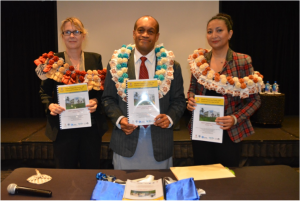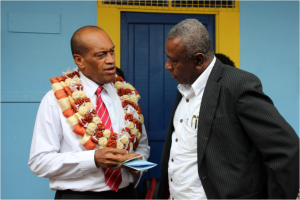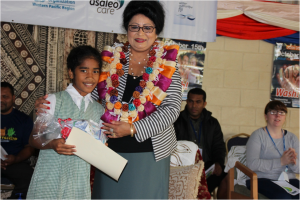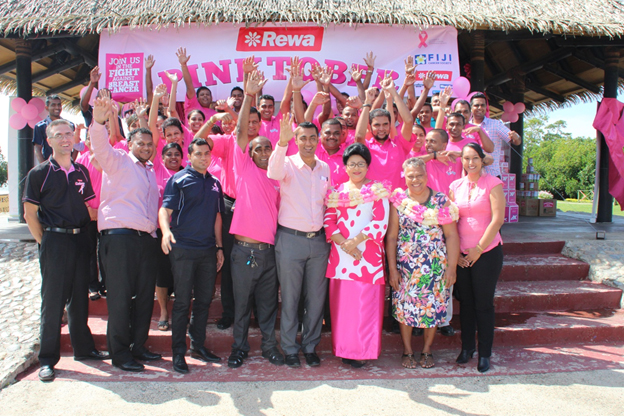A study on Sustainable Healthcare Financing in Fiji and Timor Leste (SHIFT) that looked at improving the finances of health service delivery was conducted recently.
The SHIFT study findings were launched by the Hon. Minister for Health & Medical Services Mr Jone Usamate at Holiday Inn.
The positive results of the study found that Fiji’s poor are getting a fair share of benefits from domestic government spending on healthcare. Fiji’s rich are contributing more of their income towards financing the health system which is good for equity.
The study measured the extent to which different socio-economic groups benefit from public subsidies for health through their use of health services and how the burden of financing the health system is distributed across socio-economic groups.
Mr Usamate said that the SHIFT report assessed the fairness of healthcare financing in Fiji and provides information on whether Fiji’s healthcare financing system is making progress towards “Health for All’.
“This report is very timely because it provides the Ministry with evidence on how we can further improve the financing of health service delivery to ensure that everyone in Fiji can freely access healthcare services without financial hardship”.
The aim of the SHIFT study was to assess equity in health financing in Fiji. The report seeks to inform about how fair the current health financing system is and where attention is needed for improvement. Fiji is seeking to deepen its commitment to equitable access to health care and make Universal Health Coverage (UHC) a reality.
Meanwhile, the study was conducted in collaboration with Fiji National University’s Centre for Health Information Systems and Policy (CHIPSR) and the Fiji Ministry of Health and Medical Services (MoHMS). It was funded by the Australian Government’s Department of Foreign Affairs and Trade through the Australian Development Research Awards (ADRAs) scheme.





